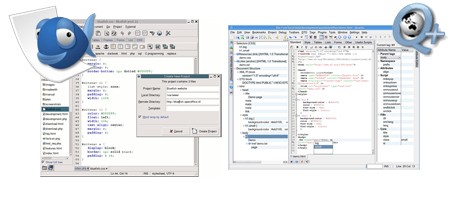
BadPoetry WordPress 2.7 has just been released and features a complete interface overhaul. Hack a Day runs on WordPress MU hosted by WordPress.com, so we got this update last week. We run standard WordPress.org on all of our personal blogs though. We recommend it because it’s free, has a massive userbase, and if you host it yourself, you can do whatever you want with it.
To make the upgrade process as simple as possible (and for the sheer rush of ‘rm -rf’), we use a one line command.
$ curl http://wordpress.org/latest.zip -o "wp.zip" && unzip wp.zip && rm -rf ./wordpress/wp-content/ && cp -r ./wordpress/* ~/www/
curl downloads the latest version from wordpress. unzip unpacks all of the files into a directory called ‘wordpress’. rm -rf removes everything in the ‘wp-content’ directory. Otherwise, you will overwrite your images, themes, and plugins. cp -r copies everything to your http document root, overwriting the previous install.
Naturally, you should back up your current install and database beforehand. We tend to use the one-liner with reckless abandon. If you’re wondering about the terseness, it was designed to fit inside the 140 character limit of Twitter.
[Thanks, Chris Finke]












